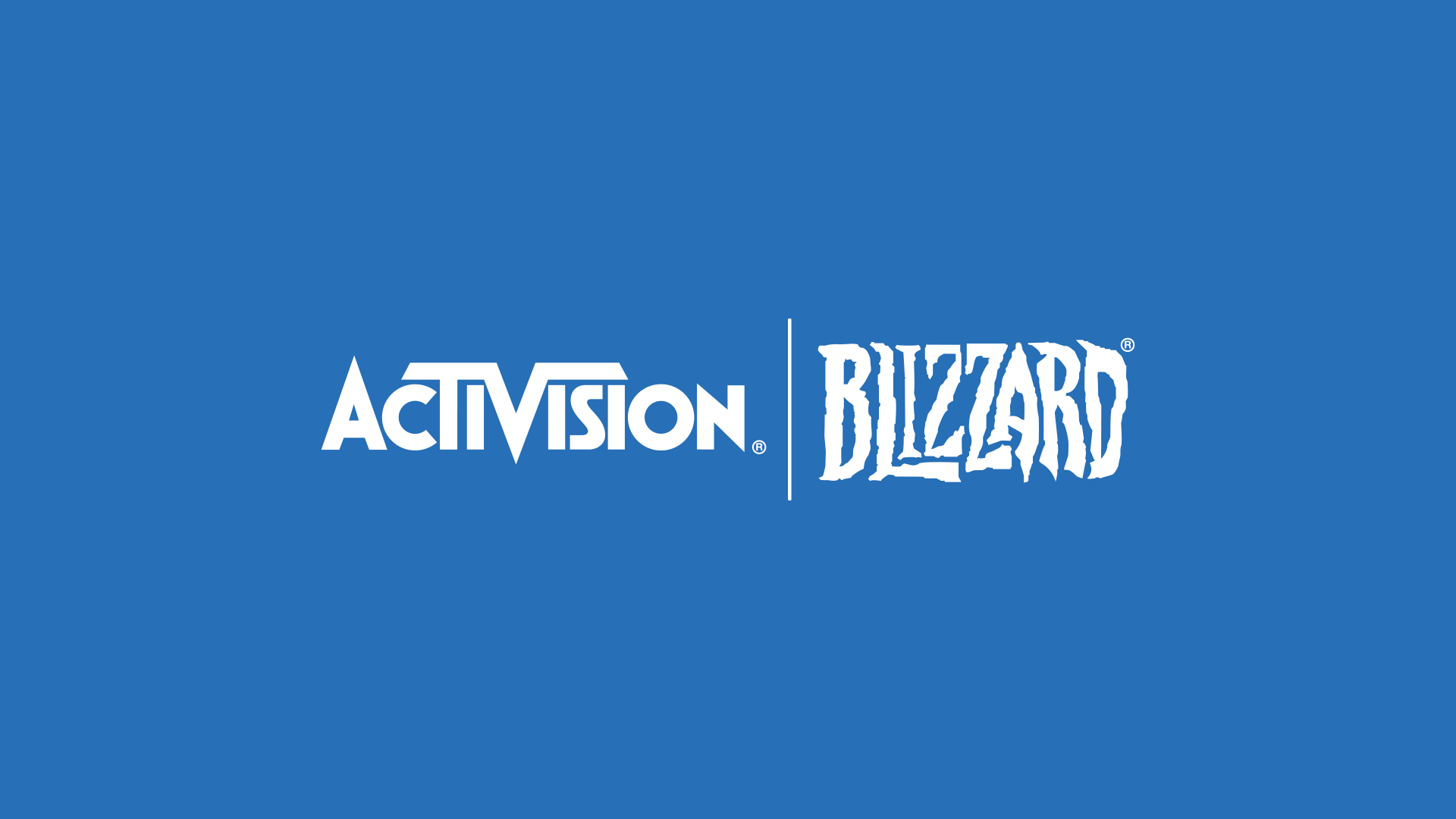Game developer and publisher Activision Blizzard has settled a lawsuit filed by the United States Department of Justice (DOJ) regarding the former’s soft salary cap for players in two of its leagues. The lawsuit, which argued that the company “suppressed esports player compensation,” has been settled by the two parties, according to Reuters.
The initial probe into the soft cap on player salaries in the Call of Duty League (CDL) and Overwatch League (OWL) was started back in 2021 by the US DOJ after reports that there was a maximum salary allowed for players.
The story culminated on Monday, April 3rd when the Department of Justice officially filed a civil antitrust lawsuit against the gaming company. In the lawsuit, the DOJ argues that Activision Blizzard “imposed rules that limited competition for players and suppressed the wages of esports players in these leagues.”
The DOJ noted that Activision Blizzard implemented a “Competitive Balance Tax” in the CDL and OWL, aimed at penalising teams in the leagues if a player’s salary exceeds a limit set by the publisher. This means that, according to the Tax, teams could be fined by paying players more than what Activision Blizzard thinks is fair.
Activision Blizzard’s salary cap rules had been in place for two years before being scrapped in 2021, with the company claiming that the rules were never enforced. However, the DOJ argued that the rules were still present and represented a violation of antitrust laws.
The DOJ suggested a mutual agreement, or a consent decree, as a possible solution to the lawsuit. The decree would address the concerns of the DOJ by ensuring that Activision Blizzard never imposes any rules that would limit player compensation in any league or tax any party that wants to exceed proposed wages for its players.
Activision Blizzard addressed the lawsuit by saying in a statement that “the tax was never levied, and the leagues voluntarily dropped it from their rules in 2021.” The company did agree to the mentioned decree, and the lawsuit will be dropped if the agreement is approved by a federal judge.
The issue of esports player salaries is contentious at the moment. It has been argued that players are earning too much, which hamstrings organisations that are already struggling with the unforgiving economics of esports. A salary cap, in theory, may be a good idea, but as evidenced by the Activision Blizzard lawsuit, any attempt to cap players’ earning potential without unionisation will lead to antitrust scrutiny.
This settlement comes at a challenging time for Activision Blizzard, as the company is facing increasing criticism over a range of issues. The company has been accused of fostering a toxic workplace culture, and there have been reports of discrimination and harassment within the company. In response to these allegations, a number of high-profile employees have left the company.
Despite these challenges, Activision Blizzard is still a dominant player in the gaming industry. The company owns some of the most popular game franchises in the world, including Call of Duty and World of Warcraft, and it is a major player in the esports industry.
Esports has grown rapidly in recent years, with revenues expected to surpass $1 billion by 2023. This growth has been driven by the increasing popularity of games like League of Legends, Dota 2, and Overwatch, as well as the rise of streaming platforms like Twitch and YouTube.
As the esports industry continues to grow, issues like player compensation and antitrust regulations will become increasingly important. The settlement between Activision Blizzard and the DOJ is just one example of the challenges that esports companies will face as the industry matures.




